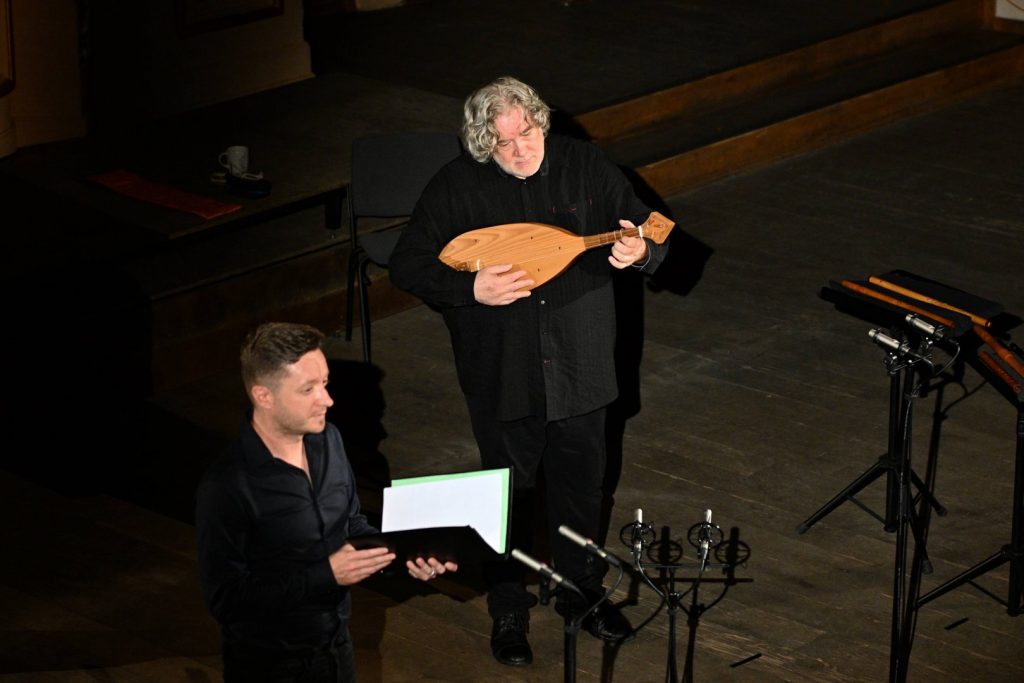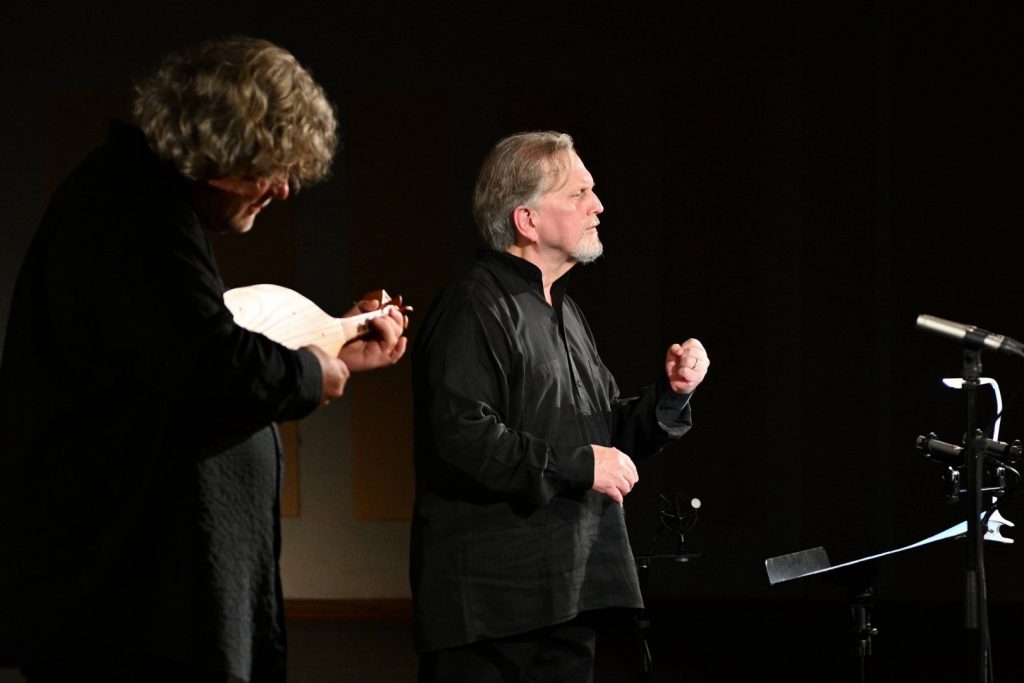Norbert Rodenkirchen during Lviv Early Music Festival in Ukraine
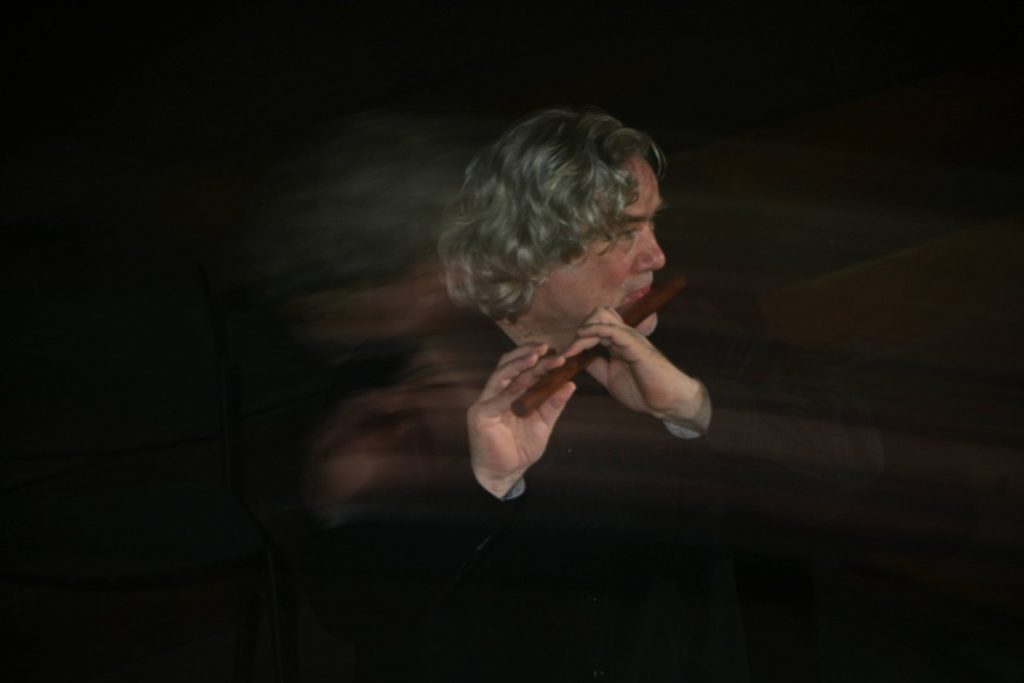
The XIX International Lviv Early Music Festival invited the ensemble “Sequentia” which performed the world-famous medieval music programme on August 14: Songs of the medieval warrior (8th-10th centuries) and Two Scenes from the Beowulf Epic. In the conversation with Roksolana Kit one of the members, flautist Norbert Rodenkirchen shared several observations and reflections on Ukrainian music and the current situation.
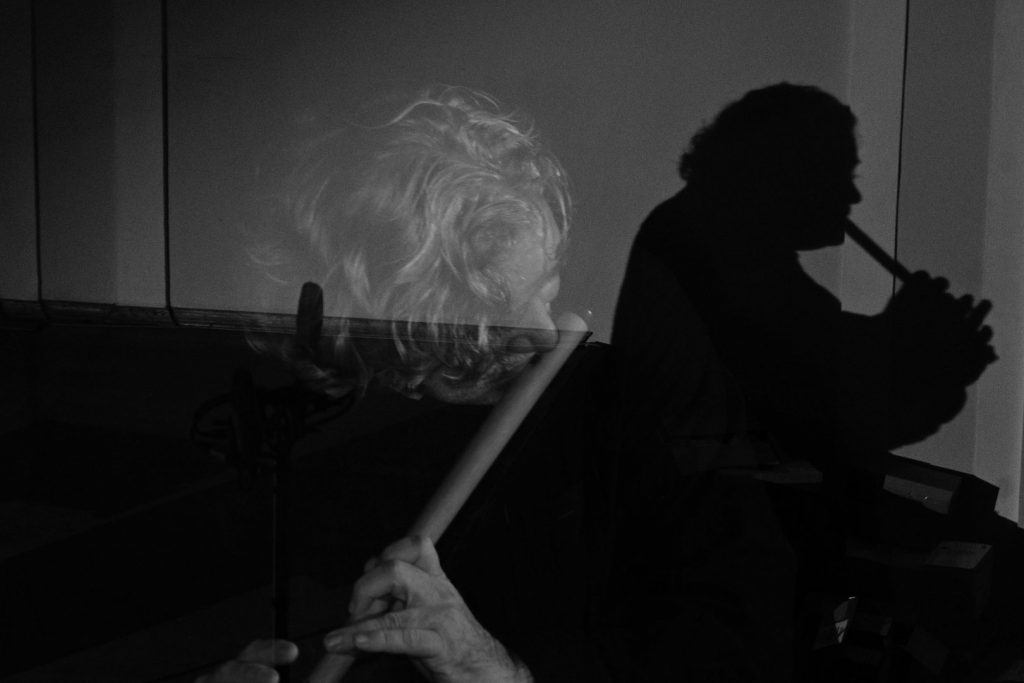
It was the second time in Lviv for Norbert Rodenkirchen. Firstly, in 2008, he was invited by Roman Stelmaschuk to this Festival, and played recital music solo and also baroque recital with Svitlana Shabaltina.
Norbert Rodenkirchen, who studied flute and Baroque traverso with Günther Hoeller and Hans Martin Mueller at the Musikhochschule Koeln, has been the flute player of Sequentia since 1996 and also works regularly with the French ensemble Dialogos directed by Katarina Livljanic. With both ensembles and also with his medieval solo programs Norbert Rodenkirchen has been invited to numerous international festivals beween Vancouver, London, Melbourne, Paris and Boston. He is also much in demand as a composer of music for theater and film as well as a producer for CD projects. Additionally, he founded the ensemble Candens Lilium which specializes on a dialogue between medieval music and modern avant-garde.
The first impressions of Ukraine now
I was very impressed by the joy at the train station where many women and children came back for, maybe, a certain time to visit their husbands. So they imposed a very special emotion and felt melancholic. I saw that children were so happy to come back to their city, to the country, even if it is only for a short time. It was great to see.
Now there are happy children but on 24 February it was terrible for them. There were many women with children who just kept their lives.
Way to perform both early music and contemporary music
I started with modern flute and during my study, I was interested in all kinds of music for ensembles and also, in jazz music. Also, I found I like to improvise a lot, but I felt I’m not so drawn to this special language of jazz. I didn’t feel this in my identity. But I was discovering early music pretty late, first I played Mozart like everybody else. When I was studying, I was amused by the sounds of wood flutes. Used it first for experimental or for modern music with sound experiments. But I liked to play in early music groups and I learned a lot, and of course, the most important was when I turned in to my friends from the ensemble “Sequentia” and they invited me to play (I was 30 years old). It’s already a long time ago but that’s how it started. First came new music and theater music and then I stepped into early music. It’s a very special personal way I went.
- Norbert Rodenkirchen and Ostap Slyvynskyy
- Norbert Rodenkircchen and Benjamin Bagby
Teachers in early music
I had some teachers for certain special aspects by flute, planning in classical means, but for this kind of special approach to early music, I didn’t have an official teacher. One man is my colleague Benjamin Bagby. I was inspired by working together and this is probably a very old system, that you work together and give knowledge from one person to another and that’s also what we think today is necessary it’s not only in the academic situation but also in forms in workshops we can have more direct contact with somebody talk with younger people and say “What is your plan for your life”, “How can we help you”, and it’s not only about music. It’s also sometimes how to live and how to think about certain cultural or political aspects in the whole concept of life.
I am not a teacher but sometimes I take part in workshops. Also, I like to speak about the missing link between musicology and stage production, which is the concert. So there is a lot of creativity necessary to put any music which is on the score or even in a maybe fragment manuscript into a form which we can be presented on stage or on a record.
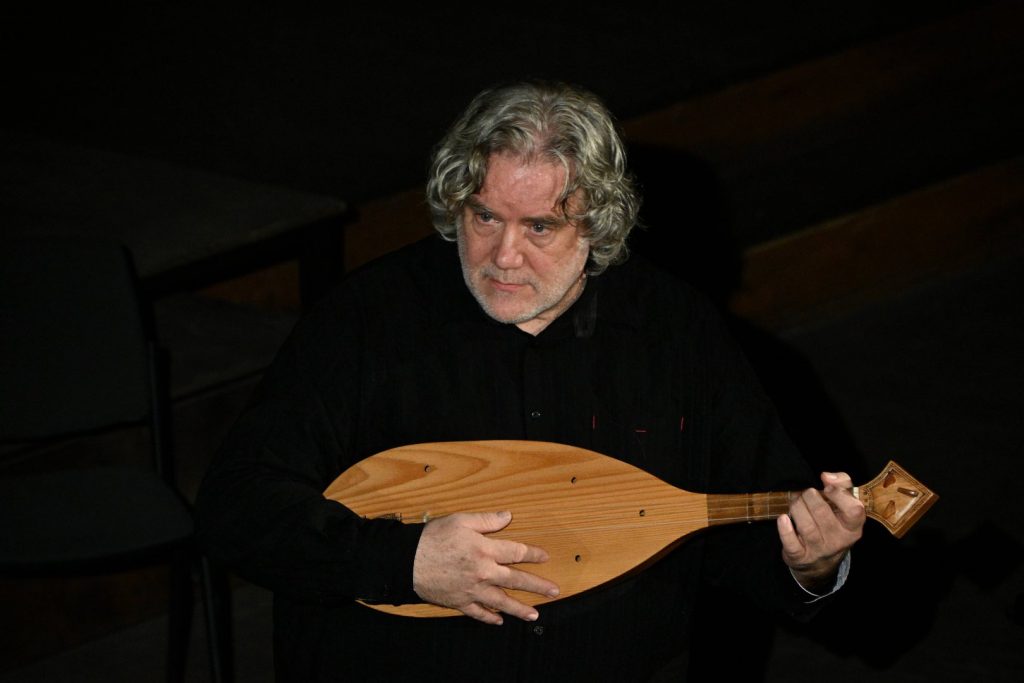
Culture represents a country
We know there are some terrible people out there, supporting this Barbarian Russian attack on Ukraine. I don’t think that any of these people really listen to music, neither to early music, Mozart, Debussy or to Mussorgsky, Pärt, Sylvestrov. They live in the world of war which only knows cheap music.
To reflect on the connecting power of music is already a driving motor of culture. It is always essential to have a cultural standing and musical background in one´s own country and open ears and arms to other countries, of course only, if they are friendly to you!
Read about the Lviv Early Music Festival:
Festival’s preamble of the early music: resuming the first day
XIX Lviv Early Music Festival: the second and third days
Final weekend of the XIX International Lviv Early Music Festival
Share
Popular
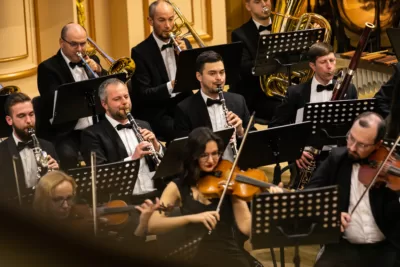 05.11.2023
Announcements
05.11.2023
Announcements
Academic Symphony Orchestra INSO-Lviv of the Lviv Philharmonic went on tour in the Netherlands
National Choir of Ukraine "DUMKA" and INSO-Lviv are embarking on a ...
 25.03.2024
Concerts
25.03.2024
Concerts
Bach Marathon has ended
The marathon of new and contemporary Bach art by artists of the Lviv Ph...
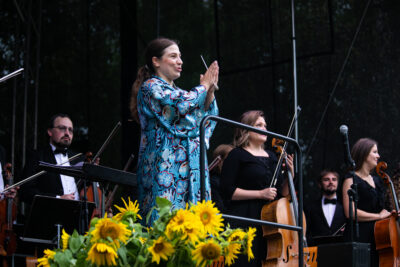 28.12.2023
Announcements
28.12.2023
Announcements
Joshua Bell and Dalia Stasevska to give a charity concert with INSO-Lviv in Warsaw
On January 10, at 19:30, the Warsaw Philharmonic INSO-Lviv will per...


